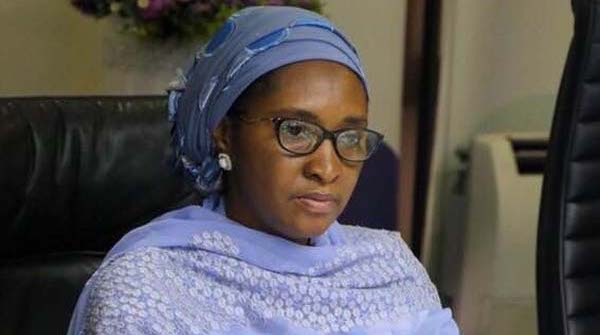Politics
Data show Nigerian govt borrowed N1.3trn to pay salaries, debts from Jan-May

Nigeria’s dwindling finances came under intense pressure again in the first five months of the year, as the federal government borrowed at least N1.3 trillion to cover for salaries of civil servants and matured debts.
Ripples Nigeria analysis of the 2022-2024 Medium Term Expenditure Framework and Fiscal Strategy Paper (MTEF/FSP) published by the Budget Office showed that government’s personnel and debt expenditures, which stood at about N3.15 trillion exceeded its overall revenue of about N1.84 trillion.
While the federal government has continued to justify the need to borrow for infrastructure, the data shows a chunk of the money went into recurrent expenditure.
A breakdown of the data from the MTEF/FSP document showed that out of the projected Federal Government’s retained revenue of N3.32 trillion, only N1.84 trillion was realized, representing 67 percent of the projected revenue, with a variance of 44.6 percent.
READ ALSO: PDP charges Buhari to accept responsibility for printing of currency, sack finance minister
When the N1.84 trillion revenue figure is calculated to the total debt service of N1.80 trillion over the same period, it shows that the Nigerian government spent 98 percent of its revenue on debt servicing.
Disaggregation of debt service during the period showed, domestic debt gulped N913.1 billion of the revenue while N408.71 billion was used to offset the external debt.
Also, interest payment for debt through Ways And Means gulped N480.52 billion.
With only N42.65 billion of revenue left, the government was forced to offset personnel cost of N1.35 trillion with borrowed fund.
“Every year, the government makes the argument that we are borrowing for infrastructure. Borrowing is not an issue but borrowing to pay salaries should be a concern,” an economist, Kunle Ajayi, told Ripples Nigeria.
“It is a dangerous thing that the government employees’ salaries were being paid through loans,” he added.
Other expenditure highlights in the report during the period include N206.89 billion statutory transfers, and N978.13 billion for capital expenditure.
Join the conversation
Support Ripples Nigeria, hold up solutions journalism
Balanced, fearless journalism driven by data comes at huge financial costs.
As a media platform, we hold leadership accountable and will not trade the right to press freedom and free speech for a piece of cake.
If you like what we do, and are ready to uphold solutions journalism, kindly donate to the Ripples Nigeria cause.
Your support would help to ensure that citizens and institutions continue to have free access to credible and reliable information for societal development.
























